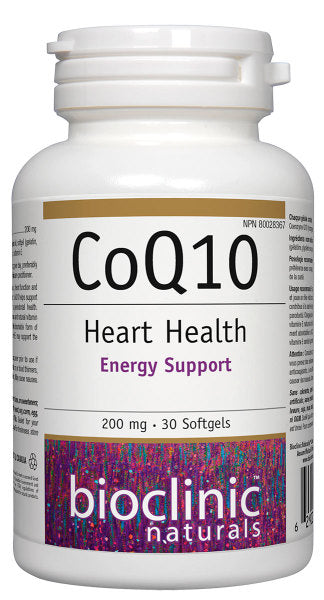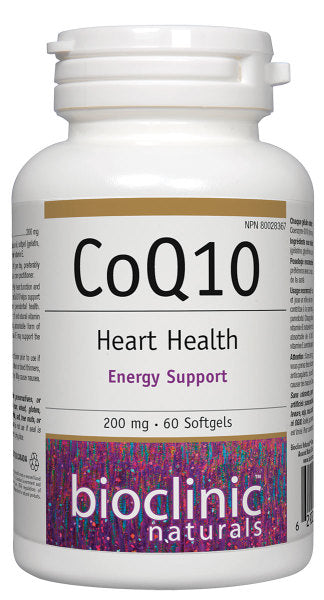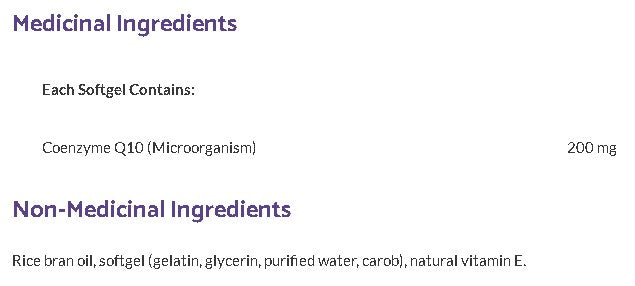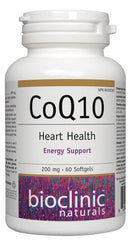





CoQ10 200 mg
- 20.99$
0.00$- 20.99$
- Unit price
- per
Description
x- Improves many health conditions, including cardiovascular disease, cell breakdown, and oxidative stress
- Free from any contamination by unwanted residues, including bacteria or yeasts.
- In a base of natural rice bran oil and natural vitamin E to ensure a stabilized and highly absorbable form of CoQ10.
The majority of CoQ10's clinical uses are based on its role as an antioxidant and its role in mitochondrial bioenergetics. It is a coenzyme for many reactions involved in cellular respiration and is required for the efficient formation of adenosine triphosphate (ATP), the cellular currency that fuels the majority of enzymatic reactions. As an antioxidant, CoQ10 is the only endogenously synthesized fat-soluble antioxidant. It inhibits the peroxidation of cell membrane lipids as well as circulating lipoproteins. CoQ10 supports cardiac tissue by improving endothelial function and having a direct anti-atherogenic effect, which results in lower blood pressure and improved ventricular contractility.
In clinical trials, CoQ10 has been shown to be beneficial for a wide range of cardiovascular conditions, including congestive heart failure, hypertension, and the prevention of myocardial infarction. It has also been shown to be beneficial for several neurological conditions, including Huntington's disease, migraine, and Parkinson's disease. Oral CoQ10 has also shown positive results in patients with periodontal disease, gingivitis, male infertility, and statin-induced myopathy.
Produits recommandés
Produits récemment consultés
- Choosing a selection results in a full page refresh.




